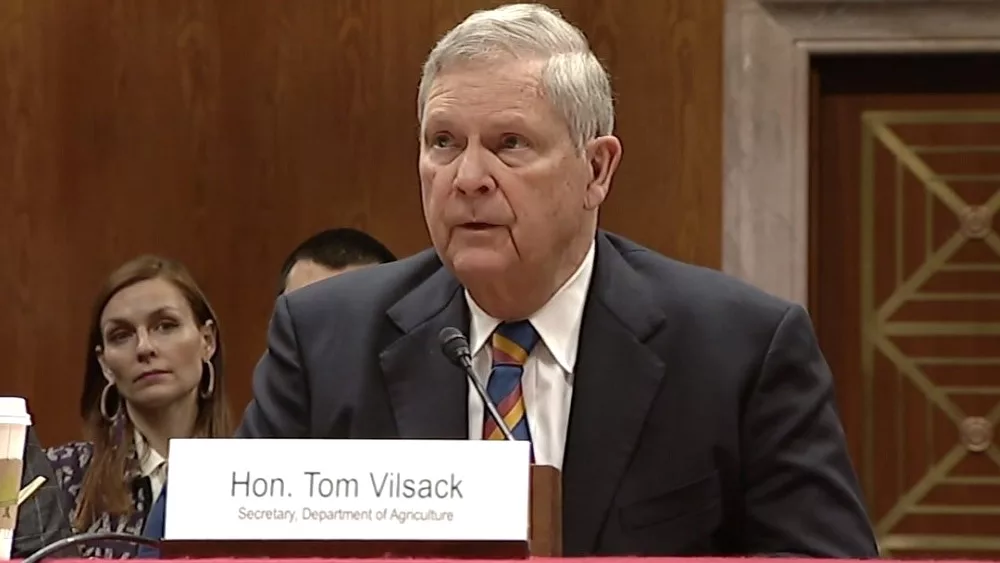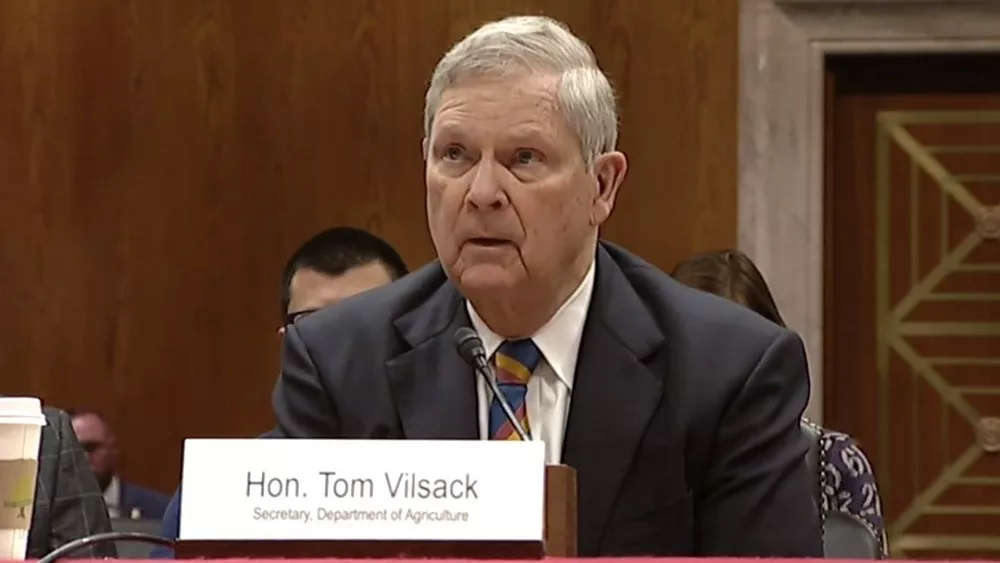Todd Janzen grew up on a Kansas farm and now practices law with Plews Shadley Racher & Braun LLP, which has offices in Indianapolis and South Bend. He also serves as General Counsel to the Indiana Dairy Producers and writes regularly about agricultural law topics on his blog: JanzenAgLaw.com. This article is provided for informational purposes only. Readers should consult legal counsel for advice applicable to specific circumstances.
This time of year, many farmers are busy spraying crops with herbicides and pesticides. Should an accident occur that causes these chemicals to enter a stream or river—whether caused by negligence or rapidly shifting weather conditions—a farmer may find a number of state officials knocking on the front door to investigate.
IDEM: The Indiana Department of Environmental Management oversees protection of the state’s air, land and water. State statute provides a catch-all provision that makes it illegal to pollute water with any substance: “a person may not throw, run, drain, or otherwise dispose into . . . any of the streams or waters of Indiana any organic or inorganic matter that causes or contributes to a polluted condition.” I.C. § 13-18-4-5 IDEM will seek fines from a farmer who causes herbicides or pesticides to run into a creek, stream, or river.
DNR: The Indiana Department of Natural Resources regulates fish and wildlife. It is illegal to “spray or release . . . chemicals” into private or public land “in any quantity” that causes wild animals or fish to be killed. I.C. § 14-22-10-6. Should DNR determine that a farmer caused a fish kill, it may seek to recover damages from that person for the state’s loss of fish.
Conservation Officer: Conservation officers are law enforcement officials who work for DNR. It is not unusual for these armed officers to be the first ones to investigate a fish kill. Although they appear as park rangers to most Indiana citizens, conservation officers are state law enforcement officials, with full police powers.
OISC: The Office of the Indiana State Chemist also investigates fish kills. The OISC is housed at Purdue and makes sure pesticides and herbicides are applied according to the manufacturer’s recommendations. OISC may also fine applicators that cause a fish kill, but the fines are small compared to those that can be levied by IDEM or DNR.
It is not unusual in a fish kill matter for all of these agencies to visit a farmer during an investigation. Most farmers are surprised to learn that resolving one agency’s complaint does not resolve another’s. The best thing you can do to resolve all complaints is to apply herbicides and pesticides correctly and keep good records that you did.
Submitted by: Todd J. Janzen, Plews Shadley Racher & Braun LLP




